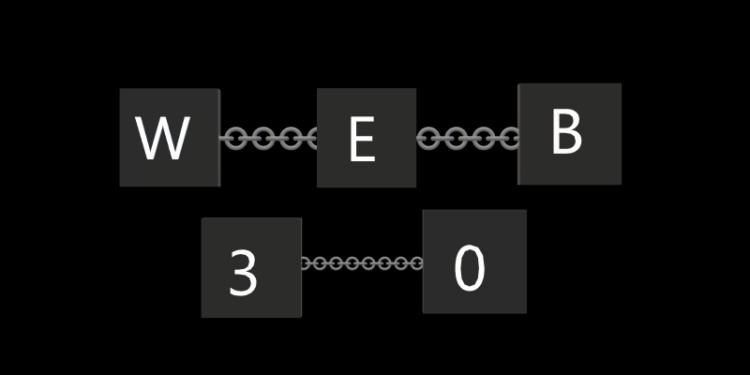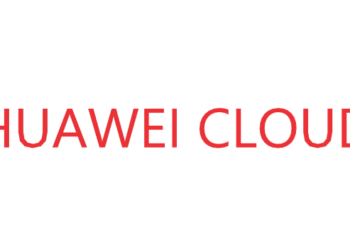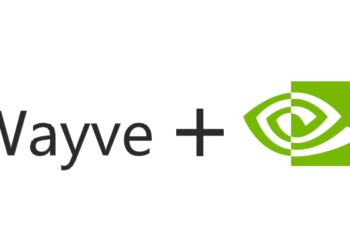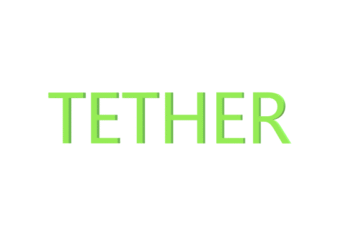Web3 stands out as a transformative force poised to reshape industries across the globe. Unlike its predecessors, Web3 promises decentralized, peer-to-peer networks that empower users with unprecedented control over their data and transactions. While the potential benefits are vast, so too are the challenges that accompany this paradigm shift. This article explores the challenges faced by various industries as they navigate the complexities of Web3.
Understanding Web3
Web3 represents a significant departure from Web 2.0, characterized by centralized platforms controlled by a few major corporations. At its core, Web3 leverages blockchain technology to create decentralized applications (dApps) and smart contracts, facilitating peer-to-peer transactions and interactions without intermediaries. This decentralized approach introduces a new set of opportunities and challenges across industries.
Web3 Challenges Across Different Industries
1. Finance and Banking: The financial sector is perhaps one of the most profoundly impacted by Web 3. Here, blockchain technology has the potential to revolutionize traditional banking systems, offering faster transactions, reduced costs, and enhanced security through cryptographic protocols.
Challenges:
Security concerns with decentralized finance (DeFi) platforms.
Regulatory uncertainties and compliance issues.
Scalability of blockchain networks for high-frequency trading.
Integration of traditional banking systems with decentralized finance protocols.
2. Healthcare
In healthcare, Web3 could empower patients by enabling secure, transparent health record management and facilitating telemedicine through decentralized applications.
Challenges:
a. Privacy concerns with patient data on the blockchain.
b. Interoperability of health records across different blockchain platforms.
c. Regulatory compliance with healthcare data standards.
d. Trust issues among stakeholders regarding blockchain-based medical records.
3. Supply Chain Management
Web3’s promise of transparent, traceable transactions is particularly appealing in supply chain management. Blockchain technology can streamline logistics, reduce fraud, and optimize inventory management.
Challenges:
a. Tracking and transparency across complex supply chains.
b. Integration with existing ERP (Enterprise Resource Planning) systems.
c. Scalability for handling large volumes of transactions.
d. Smart contract reliability for automated supply chain processes.
4. Real Estate
Real estate transactions involve complex legal frameworks and intermediaries. Web3 applications can simplify property transactions through smart contracts, tokenization of assets, and fractional ownership.
Challenges:
a. Tokenization of property assets and legal implications.
b. Regulatory challenges across different jurisdictions.
c. Smart contract reliability for property transactions.
d. Investor protection and trust in blockchain-based property listings.
5. Media
Web3 introduces new monetization models for content creators, such as decentralized content distribution platforms and non-fungible tokens (NFTs). However, challenges like intellectual property rights enforcement, scalability of blockchain for high-volume media consumption, and user adoption of decentralized platforms pose barriers to widespread industry disruption.
6. Education
In education, Web3 holds promise for credential verification, decentralized learning platforms, and transparent student records. Challenges:
a. Credential verification and fraud prevention using blockchain.
b. Integration with existing learning management systems (LMS).
c. Privacy concerns with student data stored on the blockchain.
d. Adoption challenges among educational institutions and learners.
7. Governance and Public Sector
Blockchain-based voting systems and transparent government operations are potential applications of Web3 in governance. Challenges:
a. Transparency and accountability using blockchain for public records.
b. Regulatory challenges and legal implications of decentralized governance.
c. Citizen data protection and GDPR compliance.
d. Adoption challenges among government agencies and public trust issues.
8. Retail and E-commerce
Challenges:
a. User experience and adoption of Web3 wallets for payments.
b. Authenticity and verification of product origins using blockchain.
c. Customer data protection and GDPR compliance.
d. Scalability and transaction speed for handling peak sales periods.
9. Gaming and Entertainment
Challenges:
a. Scalability for multiplayer blockchain games.
b. Integration of in-game assets on blockchain platforms.
c. Security concerns with digital asset theft and hacking.
d. Regulatory issues with blockchain-based gambling and virtual economies.
10. Energy and Utilities
Challenges:
a. Energy trading and peer-to-peer transactions using blockchain.
b. Integration with existing grid management systems.
c. Regulatory compliance with energy trading laws.
d. Scalability for handling large-scale utility transactions.
Overcoming the Challenges
1. Scalability and Performance
Addressing the scalability issues of blockchain networks is crucial for broader adoption across industries. Solutions such as layer 2 scaling solutions (e.g., Lightning Network for Bitcoin, Polygon for Ethereum) and advancements in blockchain consensus mechanisms (e.g., Proof of Stake) aim to enhance network throughput and reduce transaction costs.
2. Regulatory Compliance
Navigating regulatory frameworks remains a formidable challenge for industries integrating Web3 technologies. Collaboration between industry stakeholders, policymakers, and regulatory bodies is essential to develop clear guidelines and frameworks that foster innovation while ensuring consumer protection and regulatory compliance.
3. Interoperability
Achieving interoperability between different blockchain platforms and legacy systems is critical for seamless integration across industries. Initiatives like cross-chain communication protocols (e.g., Cosmos, Polkadot) and industry standards for smart contract development facilitate interoperability and broaden the scope of Web3 applications.
4. User Adoption and Education
Educating stakeholders about the benefits and potential risks of Web3 technologies is essential for overcoming resistance to adoption. User-friendly interfaces, educational campaigns, and pilot projects that demonstrate tangible benefits can accelerate mainstream acceptance of decentralized applications and blockchain technology.
5. Security and Privacy
Enhancing cybersecurity measures and ensuring robust data privacy protections are paramount as industries transition to Web 3. Innovations in encryption techniques, decentralized identity solutions (e.g., self-sovereign identity), and auditing mechanisms bolster security and build trust among users and regulatory bodies alike.
Conclusion
Embracing Web3 is not just about adopting new technologies; it’s about reshaping entire industries, redefining relationships between stakeholders, and empowering individuals with unprecedented control over their digital interactions. As industries navigate these challenges, they pave the way for a future where decentralization and innovation converge to create a more equitable and resilient global economy.














